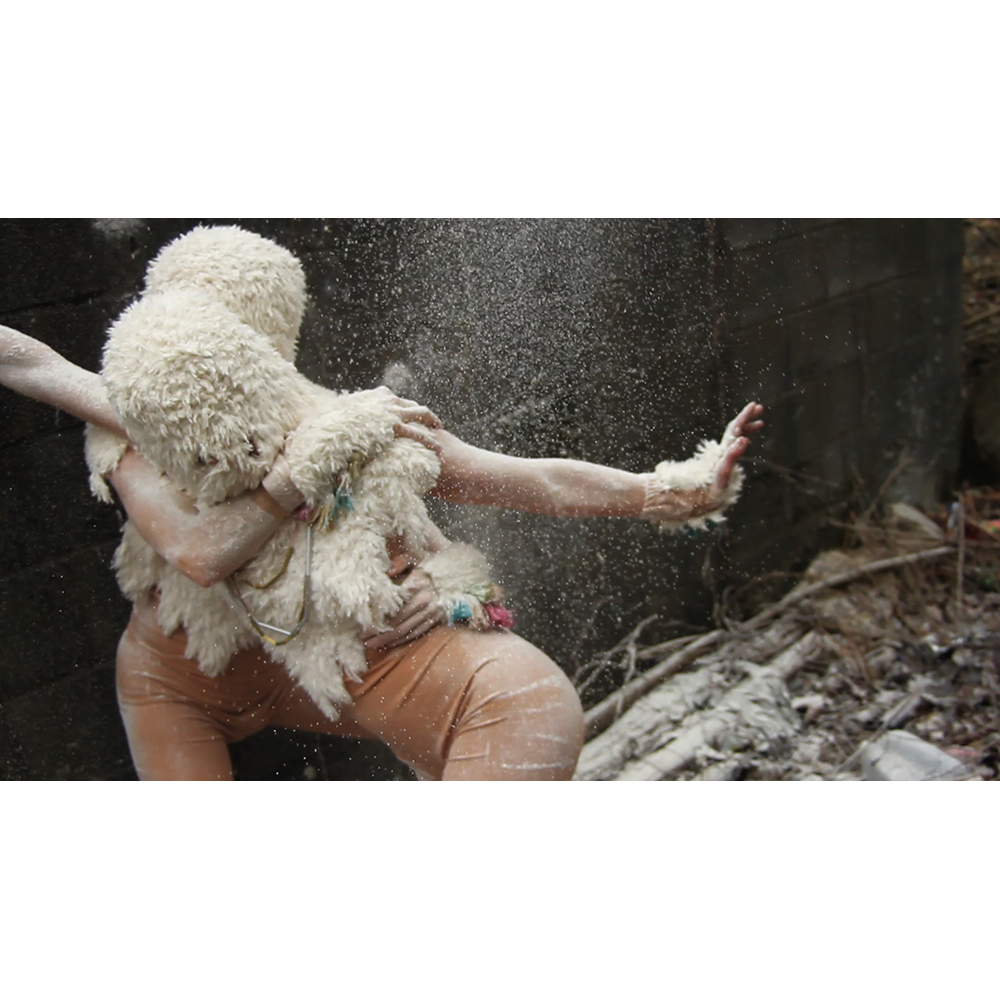Old Maid
Ann DeWitt
He’s fifty when he starts with the suspected trapeze dancers, fixtures in the night riding a large red tricycle.
Don’t yet know about the World War II jumpsuit or the guy in chains in back sucking the salt off all the peanuts.
I didn’t put him in the cage. He jumped right in. Locked the door himself.
“Here we are,” he said when we first met.
I said, “Let me down.”
We were just two small twigs then, riding a red tricycle, getting high on pizza in the back of a pickup, jet-setting in Ohio, bass fishing with his father.
“Just look,” he said from where we stood on the pier. “And let me push you.”
I first put him in the birdcage when he was fifty, when he started pinning lint balls to the back of his mother’s head and taking a break, telling his Grandmother he’d like to give her a ride on the back of his tricycle before pushing off down the hill, before she’d had her shower.
I hung the birdcage in my window.
“Give me a shake,” he said, perched in the back of the cage.
“Shake it out.”
“Give me anything.”
“Give me Grandmother’s mouth.”
At the time he was cross-dressing in Paris, riding a large red tricycle, getting high out back in the bathroom, doing me against the wall of one of the little boy stalls, because the pharmacist said he could fix that.
“Come with me,” he said when the letter arrived.
Instead, I sat in the corner and watched him bass fishing in Ohio with his father, getting high on Vicodin, eating the cancer up. The two of them sitting on the dock in the World War II jumpsuits.
“Here’s the first word I knew,” I think, looking through my binoculars at the two of them on the dock.
I am needy, medium, bad in the winter.
When he hikes his pants up later that night, I think, salty dog, gin weasel.
“I have other permissions,” he says when prompted just before sleep.
I sit next to the bird in the cage in the window who’s hanging from the rafters, belly-up. Together, we swing and watch him sleep.
“I never wanted to gather this city’s stale air,” I say more to the bird than anyone else.
“It hurts the people living next door to you,” I say to him when he wakes and watches the neighbors watch me run down the stairs with so many bikes.
Outside, the people next door are riding a red tricycle, trying to hear the speech their sister is giving on the way to her boyfriend’s house who likes to fuck her over a chair.
“It’s not like that,” he says. He says, “Not in the mornings.”
He says: “Let me down. Let me down. Don’t go to the bus stop.”
Or I said it to his Grandmother while his father was bass fishing in Ohio. Before she said, “Here’s a piece of my religion wrapped up in a plastic egg.”
“I’ve kept goats,” I said, circling her on the red tricycle.
“Really?” she said.
“Yes,” I said. “I keep them all on this chain.”
I reached down between my breasts and pulled out a long gold necklace.
“Yes,” I said. “These goats are really charming.”
And I took one of the goats off the chain and gave it to her, affixed it to her earring so that when the antlers were good and full, small drops of milk fell onto her shoulder. Once, I think I caught her riding my red tricycle, sticking her tongue out, trying to catch a drop of milk.



